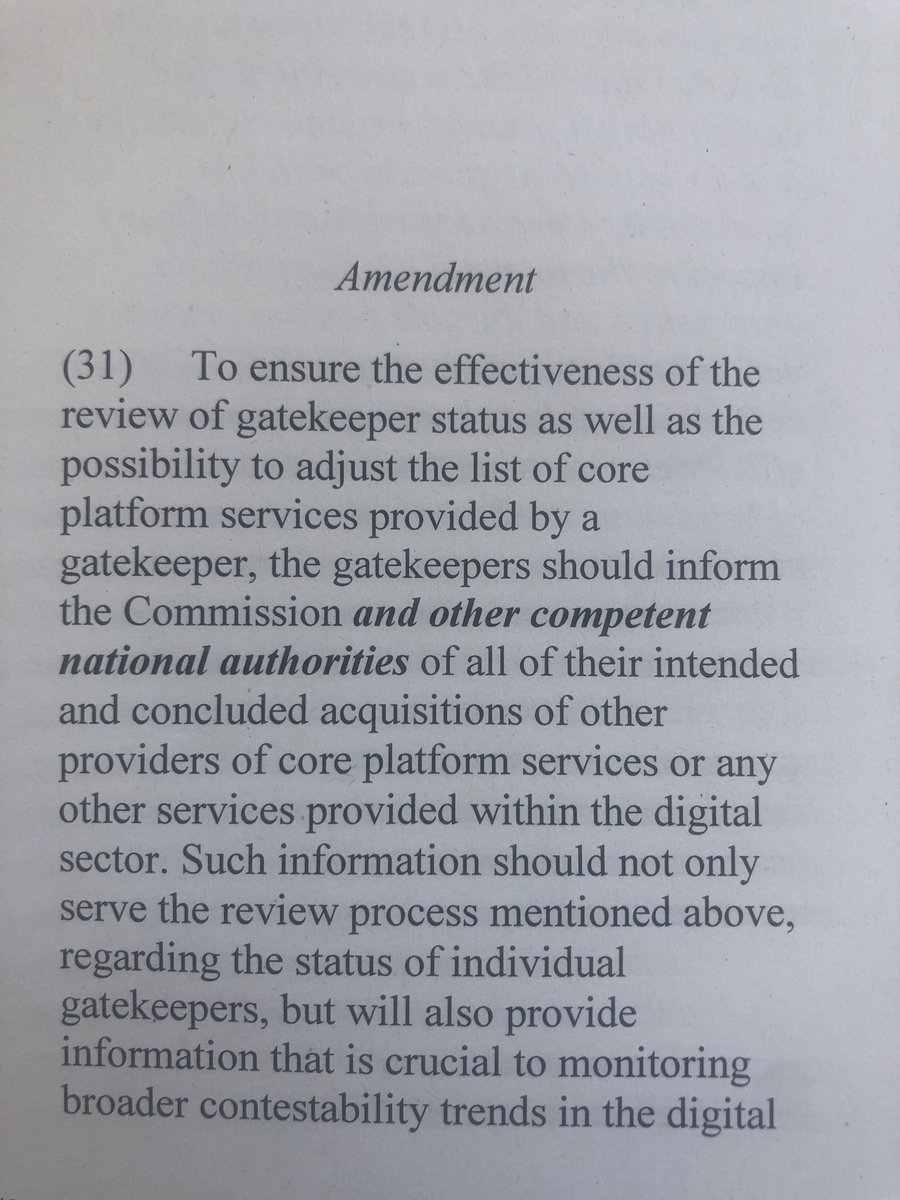
I mean every hyperbolic word here => latest convo of @LeConcurrential w/ Bill Kovacic is gold mine of antitrust wisdom leconcurrentialiste.com/a-conversation… 1/n
The requirements of practice makes antitrust laws converge toward rebuttable presumptions, quasi rules, and structured standards 2/n 

Use of per se rules moves away discussion from economic analytics => legal classification issues, as seen in early Sherman Act cases. Equally facts intensive, and costly for plaintiffs 3/n 

Let’s be honest w/ ourselves abt categorical prohibitions => it’s not that simple. There are tradeoffs everywhere. It’s bad policy to leave them hidden 4/n 

• • •
Missing some Tweet in this thread? You can try to
force a refresh

















